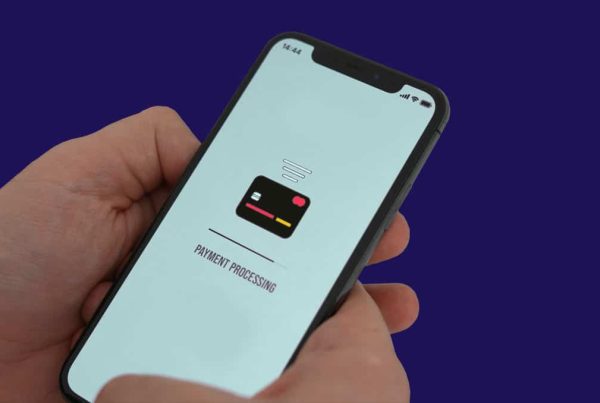Everything was going fine with your online business until you suddenly discovered that you can’t process any transactions. Your sales records and bank statements don’t match, and you know you should have a lot more money in your account. So, what happened?
It could be a technical glitch, or another problem. But the chances are your merchant account has a hold or freeze placed on it or has been completely terminated.
You may think this could never happen without some sort of prior warning from your payment processor, but some processors will act first and notify you afterwards.
WHY WAS MY MERCHANT ACCOUNT TERMINATED?
It’s important you ask questions and find out the reason for the termination, as you’ll need this information when applying to a new payment processor. Some of the main reasons for a terminated merchant account include:
IRREGULAR ACTIVITY
This includes anything that violates the terms of your agreement with your payment processor. For example, making deposits for another merchant or accepting payments for anything outside of the specific goods and services you stated on your account agreement.
FRAUD
Fraud involves things such as misuse of payment card information, failure to deliver merchandise, overcharging consumers, fraudulent transactions, and other unsavoury activities. Some fraud is a deliberate attempt to deceive, and other types are caused by bad business practices or poor customer communications.
EXCESSIVE CHARGEBACKS
While there’s not much that you can do if a processor refuses to do business with your industry, you do have some control over the most common reason for merchant account closures: excessive chargebacks.
Usually, payment processors expect to see a chargeback ratio of 1% or less. This figure is arrived at by dividing the total number of chargebacks by the total volume processed during a month.
Keeping your chargebacks under control is important for any merchant, and you can learn more about this by reading our blog on “How to Reduce Chargebacks”.
UNDERSTANDING HOLDS, FREEZES & TERMINATIONS
RESERVES & HOLDS
Payment processors can withhold money from your transactions and hold it in a separate fund. Typically, a processor does this to protect themselves from a perceived risk of excessive chargebacks or when it suspects fraud.
They can be placed on specific transactions (typically ones for a large amount of money, or that trigger the fraud protection filters), or may be placed on a percentage of your overall sales. The hold may be temporary or ongoing.
PROCESSING FREEZE
This is a temporary halt on your ability to process payment cards. It typically happens when a processor wants to do a full analysis of your transactions, suspects you may not be abiding by the terms of your payment processing agreement, or wants to adjust the terms of your agreement. You’ll usually be given the chance to prove that the freeze should be lifted.
TERMINATION
If your merchant account is closed (terminated) it’s unlikely that you’ll be able to convince the processor to reinstate you. Terminations typically happen when a payment processor believes you have violated the terms of your agreement, usually by misrepresenting your business.
WHAT SHOULD I DO NEXT?
CHECK IF YOU’RE ON THE MATCH LIST
You’ll more than likely to be listed in the terminated merchant file (TMF), also known as the MATCH (Member Alert to Control High-Risk) list, maintained by Mastercard and accessed by Visa and American Express. The purpose of the list is to ‘identify a potentially high-risk merchant before entering into a merchant agreement.’
To learn more about the MATCH list, be sure to read our blog on ‘Mastercard’s MATCH list explained.’
SAVE NECESSARY PAPERWORK
Merchants should ensure they have previous and recent processing statements and all necessary paperwork.
RESEARCH NEW PAYMENT PROCESSORS
If your account is terminated, you’ll need to find a new payment processor, fast. We suggest you find a payment processor with an open-door policy (such as Pixxles) so you don’t have to worry about your account being terminated again.








